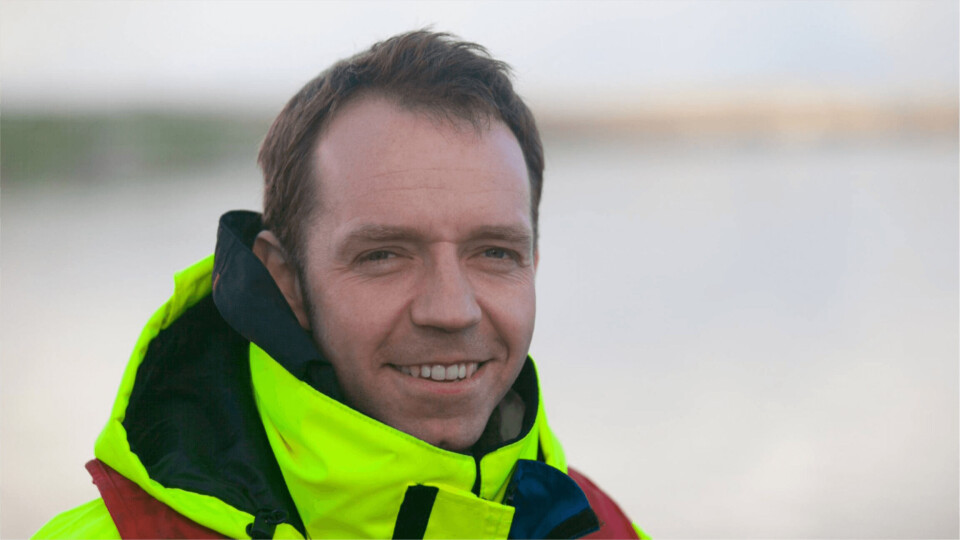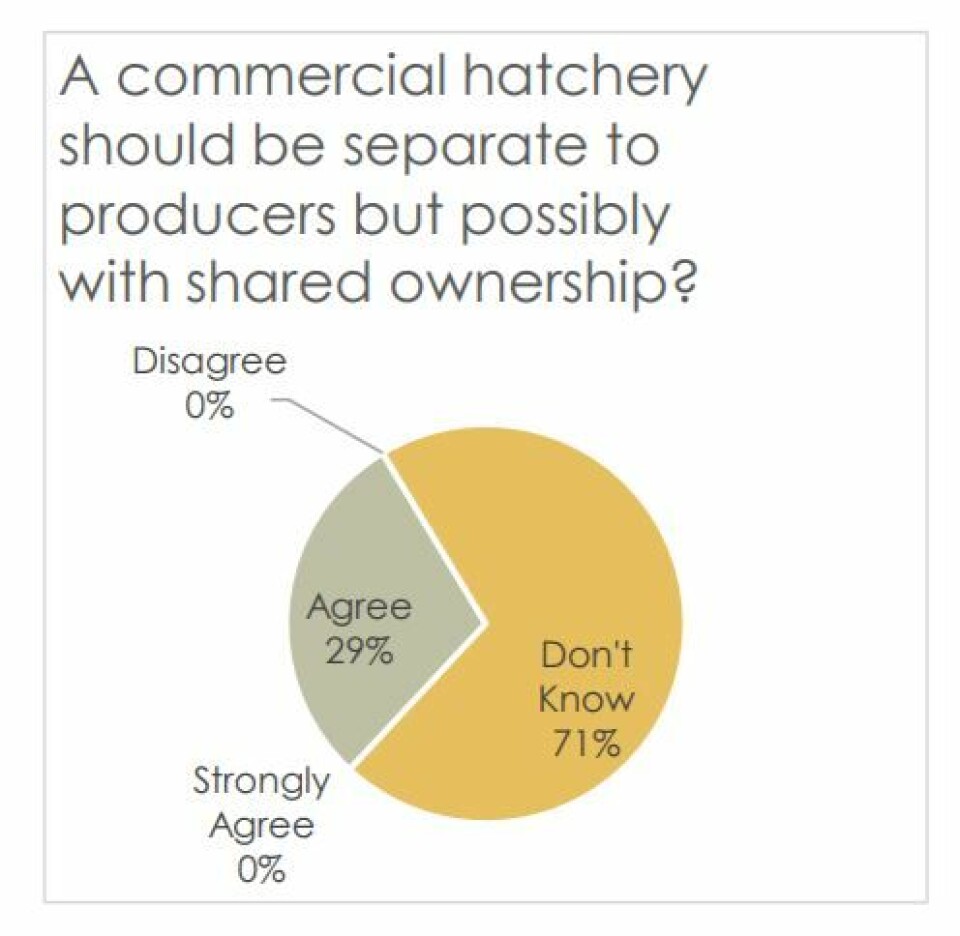
Spat supply and knowledge sharing key to shellfish expansion, says report
Spat production, the shellfish farm environment and the sharing and learning of best practice are priority areas for future work to improve shellfish production, a survey of mussel growers in Shetland and elsewhere has revealed.
The extensive online consultation by Shetland’s NAFC Marine Centre UHI and Scottish Shellfish Producers has resulted in the Shell-volution report, which sets out a strategy for development.
It is expected that further development and roll-out of the strategy will:
- Identify new sites for expansion
- Optimise existing sites for production capacity and layout
- Help provide more knowledge around predicted growth and seed collection opportunities
- Improve understanding of aquaculture-environment interactions
- Use applied science and technology to help producers achieve their stated ambitions and requirements.
Eight shellfish producers, including seven from Shetland, took part in the survey, in which they expressed a desire to become a more knowledge-based industry. They also showed an intention to become more resilient, to grasp market opportunities and to achieve sustainable growth.
Michael Tait, owner of Shetland Mussels Ltd, who contributed to the survey, said: “We hope Shell-volution will help evolve our shellfish sector into its next generation by asking key questions and coming up with projects to answer them clearly, each of which will unlock bottlenecks in our expansion plans.”

A more robust industry
Nick Lake, chief executive of the Association of Scottish Shellfish Growers (ASSG), said the survey was a useful snapshot of current practices and aspirations.
“We particularly welcome the themes that have been identified and research prioritisation exercise. Shell-volution is a strategy that fits well with ASSG aims, which are to drive forward Scottish production, improve shellfish quality and build a more profitable, sustainable and more robust shellfish industry throughout Scotland.
“We look forward to contributing further to the Shell-volution strategy and to see this important future work get under way.”
Priorities include improving spat production and better understanding factors that affect natural spat settlement. Mussel farmers rely on spat that settles naturally on their farms from the wild, but this varies between locations and from year to year.

Hatchery
All the farmers questioned said a commercial hatchery would help the industry have more control over its seed supply and would help make incremental improvements to stocks through selective breeding.
But while some producers were interested in taking part in a commercial hatchery operation, others felt the focus for investment should be on improving supplies of natural spat as a hatchery was “too unreliable and needs too much R&D to establish”.
Gaining a better understanding of the interactions between mussel farms and the environment, including factors that affect growth and production capacities and the impacts of plankton and water quality, was highlighted as an area to focus on.
Addressing mussel farmers’ desire to share and learn from existing best practices and data and to create new tools to help standardise data capture and analysis is also a priority.























































